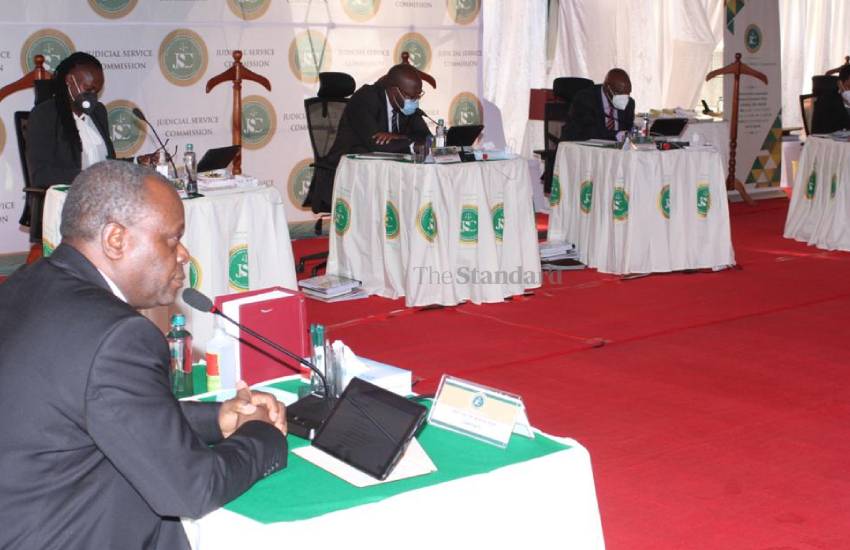×
The Standard e-Paper
Home To Bold Columnists

A football tournament in Europe transformed Prof Moni Wekesa’s outlook on life - and made him study law.
Revealing his journey to the bar on Thursday when he was being interviewed for the position of Chief Justice, the Dean of Law at Daystar University said he was a member of the National Junior Soccer team that toured Helsinki in 1992.